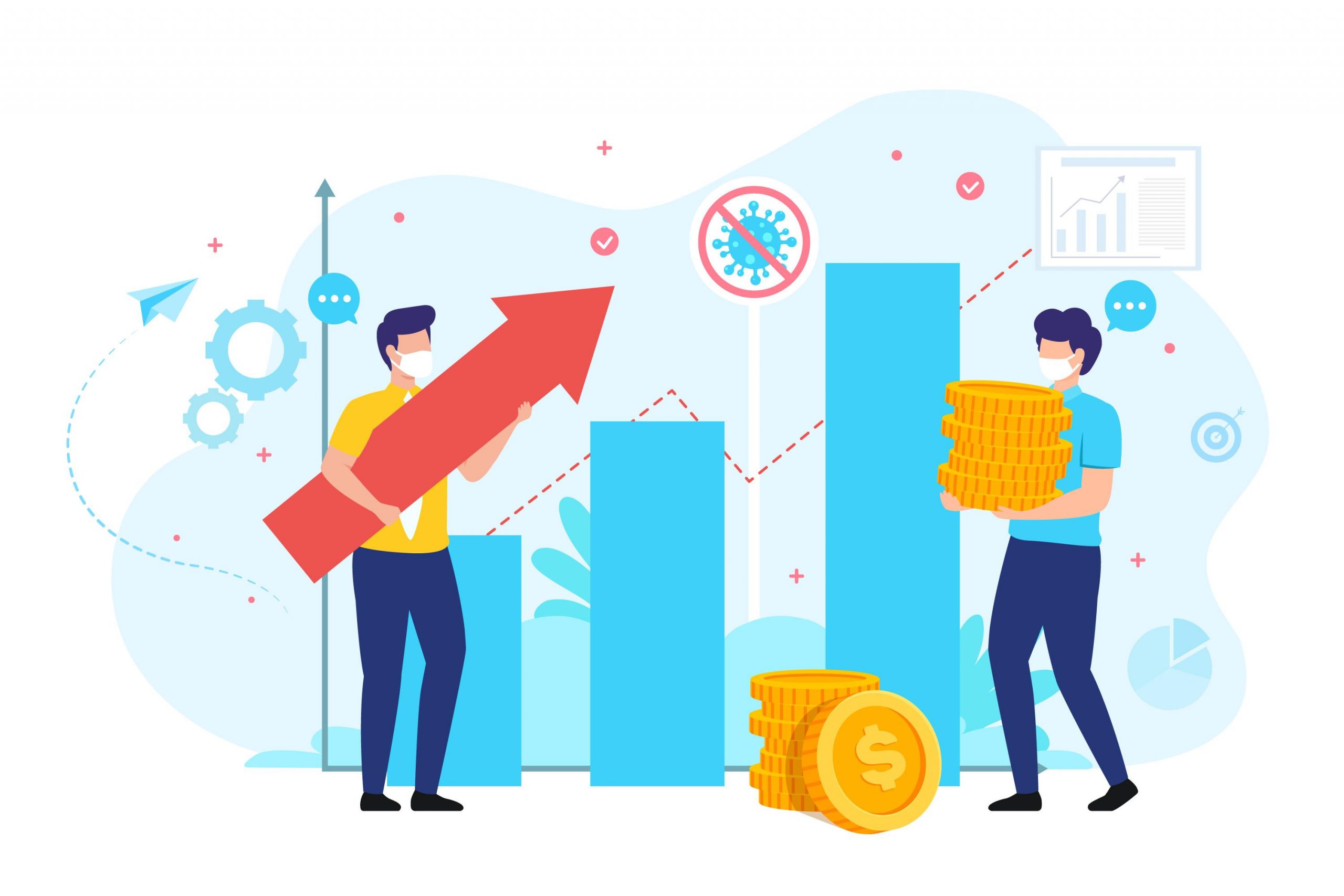It is often said that inflation and unemployment are two sides of the same coin. But do these economic indicators move in tandem? In this blog post, we’ll explore the relationship between inflation and unemployment and ask whether – or how much – one affects the other. We’ll also look at strategies to reduce unemployment in an inflationary environment. Stay tuned.
Effect of Inflation on Unemployment

Source: Britannica
One common question is: “Does inflation cause unemployment?” The answer is not straightforward.
Inflation impacts unemployment in a cyclical manner; high inflation often correlates with higher unemployment rates. For example, a 10% inflation rate might result in a 1% increase in unemployment. Although inflation doesn’t always cause a direct increase in unemployment, significant fluctuations in inflation can influence unemployment levels. Historical cases, such as Russia and Hungary in the 1920s, illustrate that high inflation often accompanies higher unemployment rates.
However, this relationship between inflation and unemployment is not uniform across all countries. For instance, Australia and Turkey have experienced high unemployment without corresponding high inflation. Over time, a trend of higher inflation correlating with rising unemployment can be observed, suggesting that inflation does indeed affect unemployment rates.
Relationship between Inflation and Unemployment
The United States does not exhibit a close link between inflation and unemployment. There does tend to be an inverse relationship between inflation and unemployment rates. When there is a high rate of inflation, this corresponds with lower levels of unemployment. However, when there are low inflation rates, this does correspond with high levels of unemployment.
It does seem that the relationship between inflation and unemployment is better explained when looking at the long run than in the short term. Looking at individual years can be noisy. For example, if there was a high level of inflation in one year, this does not mean that there will be an increase in the unemployment rate since the inflation rate often changes year to year. Therefore, looking at long-term trends does seem to be more accurate than just looking at individual years.
The relationship between inflation and unemployment does not help us understand what causes inflation rate or unemployment rate. However, there does seem to be a slight positive association between these two variables. This indicates that as inflation levels go up, this increases the unemployment rates, and as unemployment rates increase, this leads to a rise in the level of inflation.
What will happen when inflation and unemployment are positively correlated?
When inflation and unemployment are positively correlated, does this mean that high levels of employment lead to increased inflation rates? Or does low levels of employment lead to lower rates of inflation? What does the data indicate about the relationship between these two factors?
The evidence indicates that increased levels of unemployment do not lead to higher rates of inflation. If this were true, then increasing the number of people out of work would be a valid way to reduce prices in an economy. But does this mean that there is no link at all between these two variables?
When looking at whether or not there is a link between these two factors, it is necessary to look beyond correlation because correlation does not necessarily indicate causation.
Does inflation cause unemployment?
While it does show a positive statistical relationship with unemployment, does this mean that if the rate of inflation goes up, so does the unemployment rate?
This does not have to be true. Correlation does not give us enough information to conclude because there could be another variable influencing both of these factors. When we look at whether or not one factor causes another, we need to look for evidence of their casual relationship, and correlation is not enough to establish such a link.
An increase in aggregate demand can come from increases in both government spending, as seen here, and increases in private sector investment. Inflation does not happen because more money is being printed, so does this mean that if policymakers want lower levels of unemployment, they have no choice but to accept higher levels of inflation? This does not have to be true because money does not have to come from the central bank; it can come from foreign lenders. In order for inflationary pressures to rise, does this mean that we must reduce unemployment rates? No, because if we want employment levels to remain stable, then does this mean that pressure on prices will also stay the same?
No, this does not have to be true either. For example, if a country has a fixed exchange rate and an increase in spending does not lead to a corresponding increase in demand for domestic currency, does this cause any problems with maintaining low levels of inflation?
Yes, while there may be an increase in aggregate demand, does this mean that the only way to maintain low inflation levels is through an increase in unemployment? Well, now it does not because if the country does not have its own currency, does this mean that it does not need to adopt an independent monetary policy?
This does not need to set interest rates and is instead linked with another country’s interest rate. Therefore, this link means that prices may still increase, but inflation does remain lower than if they had their central bank. Therefore, it seems that many factors influence the relationship between inflation and unemployment, including the level of aggregate demand and whether current levels of economic growth place pressure on inflationary forces or act as a buffer against them.
Overall though, does having high levels of unemployment reduce inflation? The short answer is no. Many other influencing factors at work here make this an incredibly complex relationship.
Conclusion
Inflation is a measure of how much prices are rising in an economy. It’s measured by the general rise of goods and services caused by too many dollars chasing after a limited amount of products or labor. But does inflation cause unemployment? There seems to be some correlation between them with higher rates leading to greater levels of joblessness within the country.
However, plenty of other factors come into play, including interest rates and government spending habits that affect our employment rate. We recommend you consult your local economist for more information about this topic.




